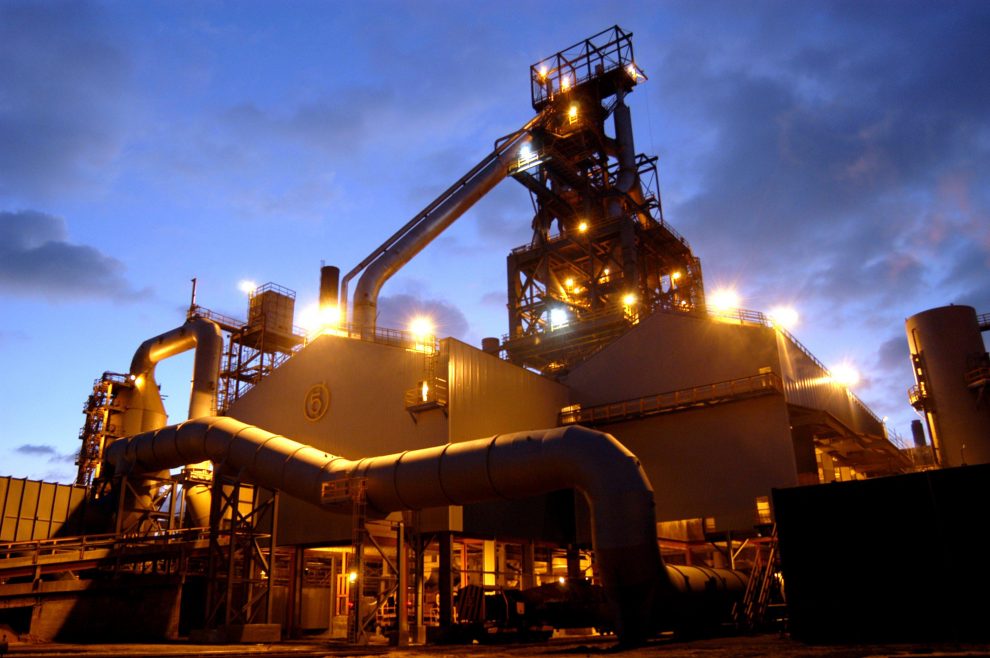TATA STEEL’S announcement of the imminent closure of the coke ovens at its Port Talbot plant reflects the company’s concerns regarding their “operational stability.” The decision, set for Wednesday, has been met with significant consternation, with the Community union deeming it “a massive blow.” Alun Davies, the union’s national officer for steel, has emphasised that their “number one concern” remains the safety of their members.
Approximately 200 workers are expected to be affected, though uncertainty looms over their immediate future. The steel unions have long been aware of issues surrounding the condition of the coke ovens and previously signalled willingness for an early closure due to safety concerns.
Despite this, the unions are now seeking assurances regarding job security for the impacted workforce. Coke ovens are crucial in the process of heating coal to produce coke, which fuels blast furnaces.
Workers will undertake the decommissioning of the coke ovens, with potential redeployment options available in the short term. Originally slated for closure in June alongside blast furnace 5, the decision to shut down the coke ovens forms part of Tata’s broader strategy for the future of the Port Talbot operation.
Despite the closure, blast furnace 5 is set to remain operational, albeit reliant on imported coke. Negotiations are underway to finalise an enhanced redundancy and retention package, as confirmed by Mr. Davies.
Rajesh Nair, Tata Steel’s chief executive, stressed that the deteriorating condition of the ovens has made continued operation unfeasible. Despite efforts to maintain performance, the company acknowledges the need for closure.
Nair reiterated Tata’s commitment to collaborating with the affected workforce to understand their aspirations in alignment with broader consultation efforts.
The closure of the coke ovens forms part of a larger restructuring plan, including the closure of both blast furnaces by year-end, with an electric arc furnace (EAF) planned for 2027. However, three trade unions at the plant are contesting Tata’s proposals, advocating for the continued operation of at least one blast furnace during EAF construction.
















